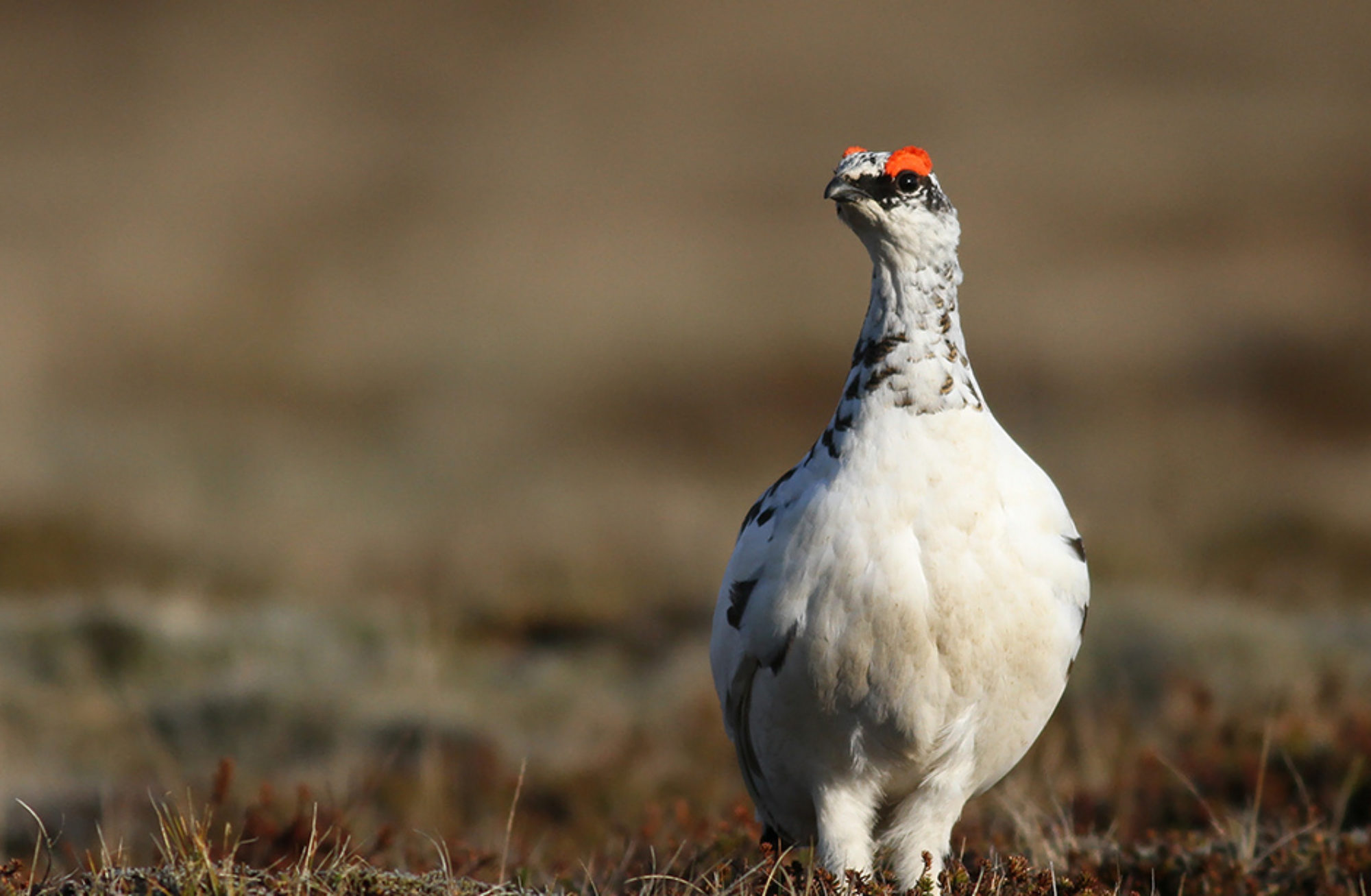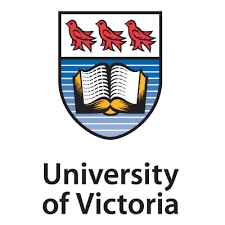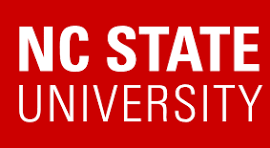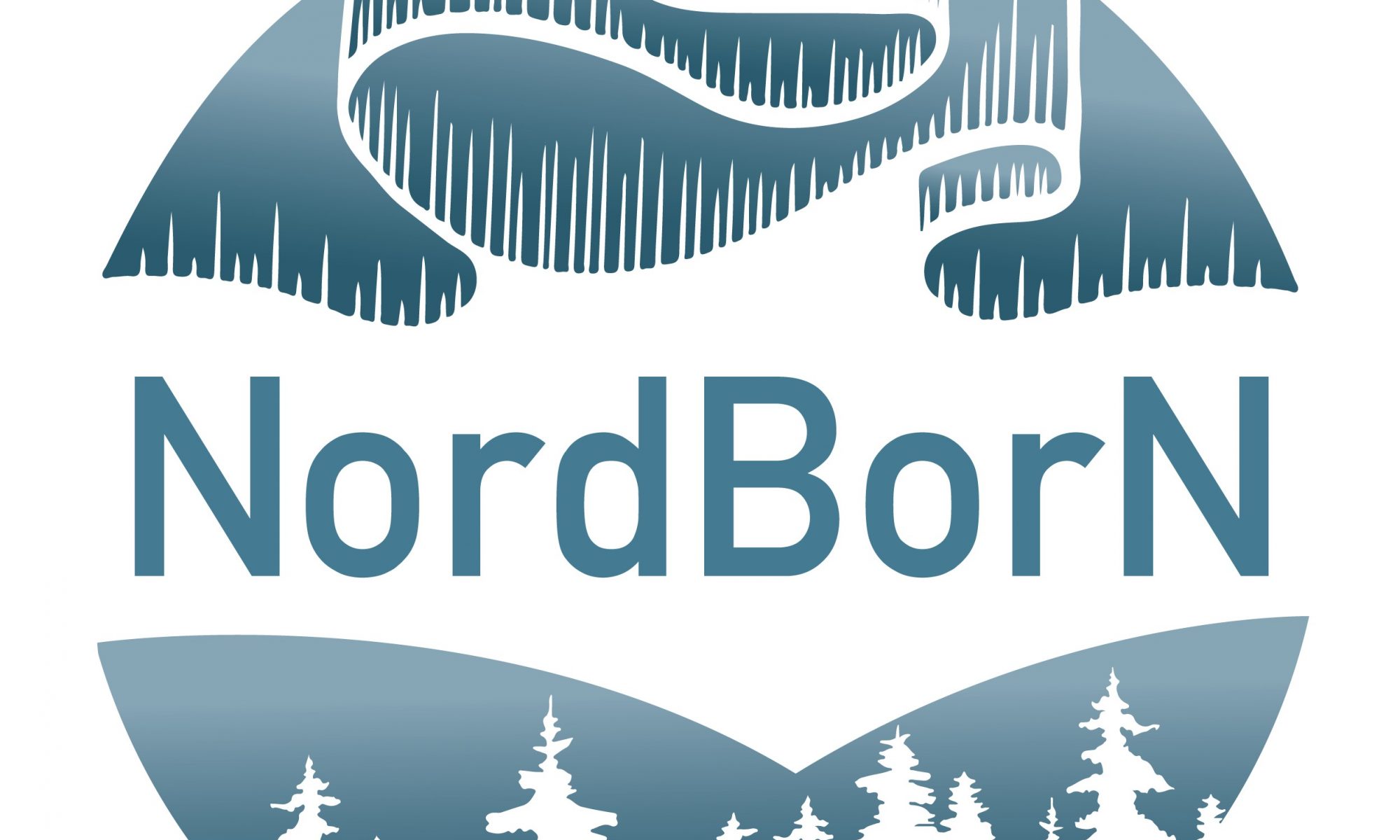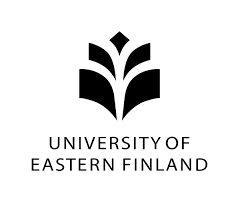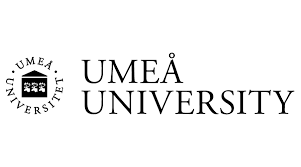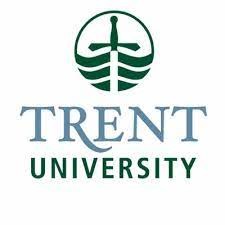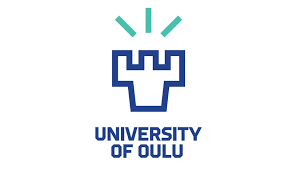Deadline: January 8, 2024
The Department of Ecology and Environmental Science at Umeå University, Sweden, seeks a postdoctoral researcher who will work with impacts of permafrost thaw on Arctic ecosystems. The employment is full-time for two years with a start date on 1st of March 2024 or by agreement.
Project description
Satellite time-series indicate that Arctic vegetation productivity is increasing (greening), but also shows areas affected by productivity decreases (browning). These observations can be associated with vegetation changes, permafrost degradation or herbivory and other factors, but the causal links are often unclear. The aim of this project is to provide new knowledge on the impact of permafrost thaw and degradation on Arctic flora and fauna by assessing vegetation productivity, and to trace cascading effects on herbivores and local stake- and rightsholders, including issues of environmental contaminants. A key method will be the use of remote sensing data including unoccupied aerial vehicle (UAV) and satellite imagery and vegetation surveys. Fieldwork to collect UAV and ground data on vegetation properties is planned in three Arctic regions (Canada, Greenland and Svalbard).
The postdoctoral fellow will be associated with the EU Horizon project ILLUQ – PERMAFROST – POLLUTION – HEALTH providing a wide network for collaborations. The position will thus include deliverables and predefined tasks for the Postdoc fellow. These include:
- To participate in field campaigns to different Arctic regions to collect UAV and vegetation ground data, including traces of herbivory.
- To map different ecosystem types and changes in vegetation productivity using remote sensing data.
- To link observed vegetation dynamics in satellite time series to drivers of change and to collaborate on modeling efforts to project future impacts of permafrost thaw on flora and fauna.
- To participate in joint workshops with local stake- and rights-holders.
The exact set of tasks will be adjusted based on the background of the postdoc and there will be room to develop separate ideas.
The Postdoctoral Researcher will be placed in the Department of Ecology and Environmental Science, and will be advised by Dr. Matthias Siewert.
Qualifications
To be appointed under the postdoctoral agreement, the postdoctoral fellow is required to have completed a doctoral degree or a foreign degree deemed equivalent to a doctoral degree. This qualification requirements must be fulfilled no later than at the time of the appointment decision.
To be appointed under the postdoctoral agreement, priority should be given to candidates who completed their doctoral degree, according to what is stipulated in the paragraph above, no later than three years prior. If there are special reasons, candidates who completed their doctoral degree prior to that may also be eligible. Special reasons include absence due to illness, parental leave, appointments of trust in trade union organisations, military service, or similar circumstances, as well as clinical practice or other forms
of appointment/assignment relevant to the subject area. Postdoctoral fellows who are to teach or supervise must have taken relevant courses in teaching and learning in higher education.
We seek a creative and motivated person with excellent oral and written communication skills in English. You must be able to work both independently and in collaboration with international partners. Prior experience with Arctic ecosystems and field work, remote sensing, UAV data collection, permafrost science, vegetation surveys, herbivory and biogeochemical analysis, will all be viewed as merits. The project can be adjusted to the expertise and interest of the candidate, as long as essential project deliverables are met. Candidates from a wide range of scientific backgrounds will be considered.
Application
A full application, written in English or Swedish, should include:
- A cover letter describing your scientific background, interested in the project and your suitability (max. 2 pages)
- A CV, including a list of your publications
- Copies of your doctoral thesis and relevant publications (maximum 5)
- Copy of doctoral degree certificate and other relevant degree certificates
- Contact information for at least two reference persons
More information: http://umu.varbi.com/what:job/jobID:686577/
Further Information
The evaluation will be based on the application, referee judgments and interviews. For more information contact: Associate Professor Matthias Siewert, Dept. Ecology and Environmental Science, matthias.siewert@umu.se
